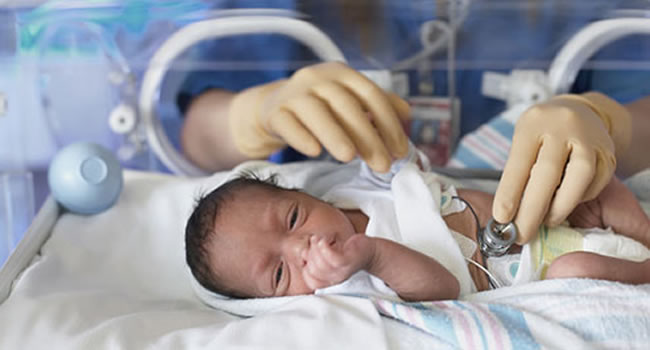- Home
- About Us
- How We Operate
- Volunteer
- Donate
- Developing Programs
- Mission Groups
- Partners/Support Groups
- Calendar
- Photo Gallery
- Education
- Contact Us

 A significant percentage of these babies and children require some form of interventional or surgical therapy. Although interventional catheterization and device therapies provide effective therapeutic interventions for patients with congenital heart defects, the access to such high level of care is very limited in developing countries. Commonly applied therapeutic interventions considered widely available in the developed world, such in the United States, are quite inaccessible in developing countries. This results in significant morbidity and mortality in children with significant congenital heart disease born in those countries.
A significant percentage of these babies and children require some form of interventional or surgical therapy. Although interventional catheterization and device therapies provide effective therapeutic interventions for patients with congenital heart defects, the access to such high level of care is very limited in developing countries. Commonly applied therapeutic interventions considered widely available in the developed world, such in the United States, are quite inaccessible in developing countries. This results in significant morbidity and mortality in children with significant congenital heart disease born in those countries.
In order to improve the care for these children, it is essential to help improve the diagnostic and interventional procedures, which in turn requires building and supporting key programs in the respective countries. To this aim, several medical missions that have been organized to help visit and provide advanced diagnostic and therapeutic modalities to children in developing countries. However, there has been continuous lack of coordination and coordinated support for such missionary work. As a consequence, the Congenital Heart Intervention Mission Support (C.H.I.M.S.) project has been launched. The organization aims at supporting a project that would help provide a coordinated and sustainable benefit to interventional catheterization for congenital heart disease in developing countries through centralizing and consolidating pre-existing charitable mission work.
The organization aims at achieving improved development of interventional catheterization therapies for congenital heart disease in developing countries and help change the unfortunate situation for children in developing countries through three main approaches:
- Centralizing all unused and donated equipment relevant to cardiac catheterization from catheter laboratories in North America and other developed countries to a central repository with provision of an online inventory facilitating those involved in mission work to pre-order required equipment to support the intended procedures for their mission.
- Developing a registry of missions involved in congenital catheterization in the developing world and also a registry of interventionalists, nurses and technologists who would like to support this work.
- Developing channels for bipartisan educational support with the ultimate aim of ensuring a sustainable self-sufficient catheterization program in emerging countries interested in developing local programs.
The project has organizational support through the PICS foundation as well as from the International Children’s Heart Foundation and the PICES group, an organization supporting younger interventionalists internationally.

